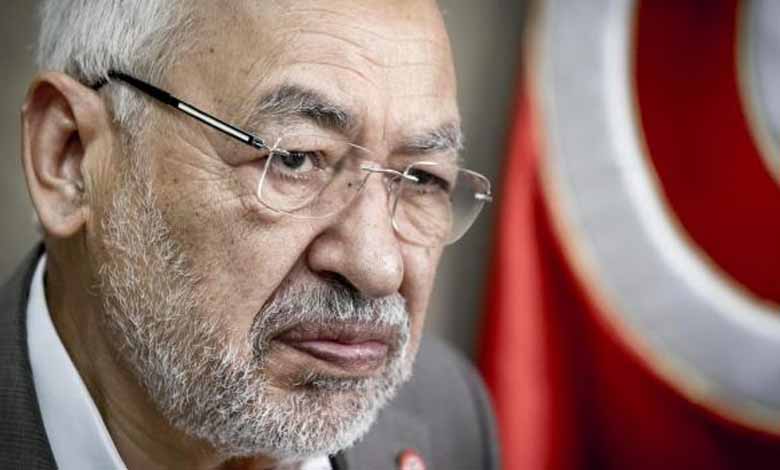Tunisia asks Interpol to arrest and hand over son of Rached Ghannouchi

The Tunisian judiciary issued, Thursday, an official memorandum to the International Interpol to arrest and extradite Muath Ghannouchi, son of the president of the Renaissance Movement, who resides in Britain and is accused of inciting violence in Tunisia.
Salah Al-Din Al-Rashidi, the spokesman for the Court of First Instance in Kasserine, confirmed in a press statement “the issuance of an arrest warrant against two individuals who are outside Tunisian territory, in the case of “forming a reconciliation to change the state structure, attack internal security, and force residents to attack each other.”
Those included in the new cards include Moaz Ghannouchi, son of the dissolved parliament speaker and Rached Ghannouchi, leader of the Tunisian Muslim Brotherhood, he said.
At the end of October, the public prosecutor’s office authorized the detention of four people on suspicion of distributing money to create disturbances in Kasserine.
“The Public Prosecution at the Court of First Instance in Kasserine Governorate (central-western Egypt) has authorized the opening of an investigation into the formation of a structure with the aim of attacking public and private property and inciting chaos within the public neighborhoods,” the Interior Ministry said in a statement.
According to the ministry, the investigation is taking place against the backdrop of a complaint by a person that an individual had called him and asked him to incite a group of young Karma residents in Kasserine to riot and block the road on the grounds that consumer goods are unavailable in exchange for money, to be increased if the protests continue.
“Based on investigations, it became clear that the suspect was recently imprisoned in a similar case,” the statement said.
The other case involved “forming a group with the intention of attacking the internal security of the state, changing the state apparatus or forcing the population to attack each other and stir up disorder and looting inside Tunisia.”
A review by the Public Prosecutor’s Office authorized him to be removed from prison and to continue his investigation.
“The results of the research are in line with the findings of in-depth security investigations regarding the planning by some parties to incite riots and organize protests to employ them to serve their own agendas,” the ministry said.
These actions aim to undermine security and stability in various areas of Tunisia, where these parties recently monitored intensive contacts with local and foreign parties to support them in carrying out their subversive plans, the statement said.
On October 20, the Tunisian Interior Ministry arrested two people in Kasserine governorate. They were distributing money to two others, who admitted to having taken money to distribute in order to cause riots and cause chaos by igniting tires and inflaming conditions in the city’s neighborhoods.
The Tunisian Interior Ministry also confirmed the confiscation of 4,720 Tunisian dinars ($1,200) in the possession of the first and 1,320 dinars ($380) in the possession of the second.
After receiving permission from the Tunisian public prosecution, security forces raided the suspects’ residential shops, and searched them, they found 15,980 dinars ($5,000) in Tunisian currency and an unpopular amount in foreign currency.












